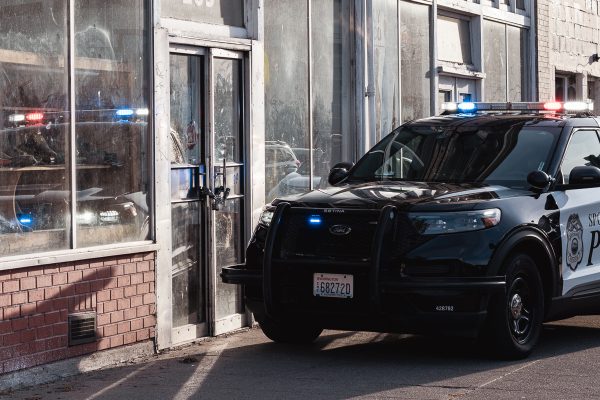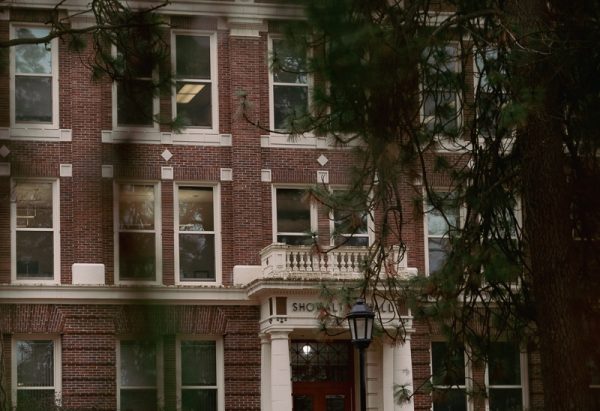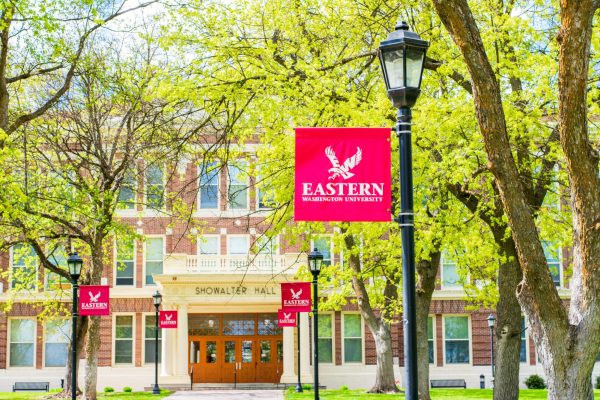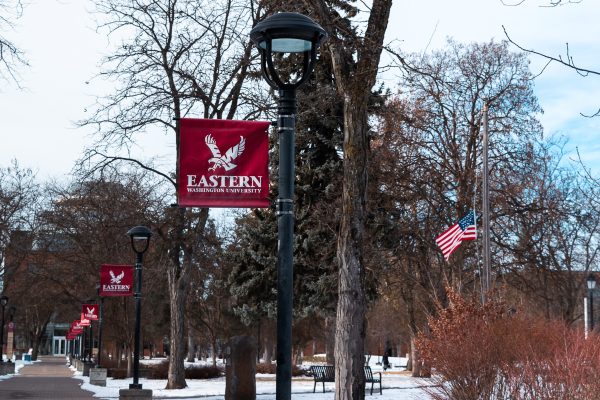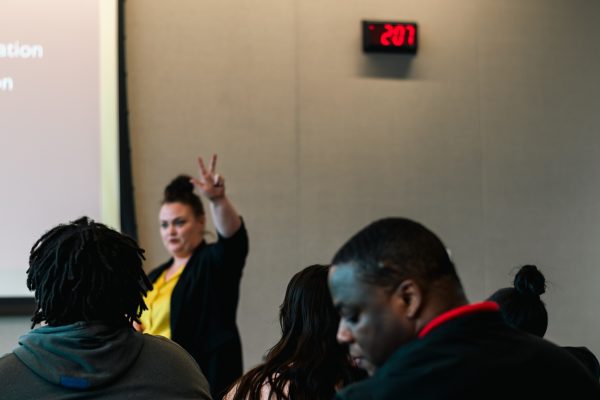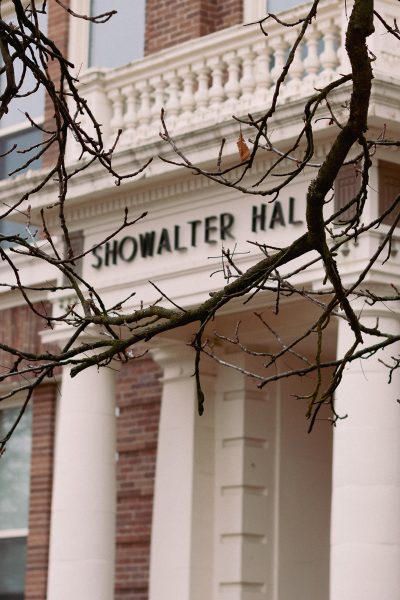Eastern prepares for possible reaccreditation from college commission
February 18, 2015
EWU will be visited by six representatives and a liaison from the Northwest Commission on Colleges and Universities (NWCCU) between May 6 and 8 as part of an evaluation for re-accreditation.
Eastern held a town hall meeting on Feb. 11 to inform students and faculty about the process of becoming accredited with the NWCCU.
“This is about celebrating what we do well and finding out where we need to improve still,” said Colin Ormsby, liaison between Eastern and NWCCU.
There are two types of accreditation, one is institutional and the other is programmatic.
Programmatic accreditation is for programs, departments or schools that are part of a college or university, like a law program.
Institutional accreditation, which Eastern falls under, means the entire institution is responsible for contributing to the success of the designated objectives, according to the U.S. Department of Education.
The NWCCU has been recognized by the U.S. Department of Education since 1952 as a regional authority on education quality and college and university effectiveness in the Northwest region, which includes Washington.
Since Sept. 1, 1919 Eastern has been accredited by the NWCCU, according to the U.S. Department of Education.
Without accreditation, Eastern would lose its ability to receive federal funding, would cease operating as a university and its students would lose all credit with accredited graduate study institutions.
The NWCCU changed from operating on a 10-year cycle to a seven year one, with a visit to the institution by members of the NWCCU still at the end.
Ormsby said in order to join and match up with the seven year cycle, Eastern had to go through the process in five years instead of 10, losing two years of time.
The presentation in Showalter auditorium addressed three core themes that Eastern has been working toward for the last five years: having students engage in learning experiences, making an academic community that supports faculty and staff and furthering community engagement on a larger scale.
The presentation is available on Eastern’s website for any students who want to see it.
Eastern’s progress report on the three core areas will be sent out to NWCCU by March 1, which will also be available to the students, said Ormsby.
Eastern has had difficulty in the past getting students and faculty to participate in a site visit, but everyone is encouraged to speak with the visiting NWCCU members, said Ormsby.
The report that the visiting members will write determine whether or not Eastern continues to be accredited.
“I think we are in a strong position to be able to say we will,” said Ormsby. “We can take absolutely no chances and have to make sure that the site visit is as seamless as possible.”



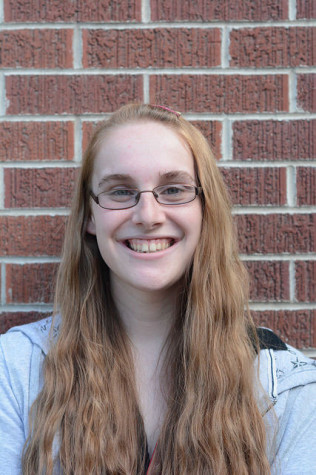


![Simmons said the biggest reasons for her success this year were “God, hard work, and trusting [her] coach and what she has planned.”](https://theeasterner.org/wp-content/uploads/2024/05/image1-1-1200x800.jpg)



